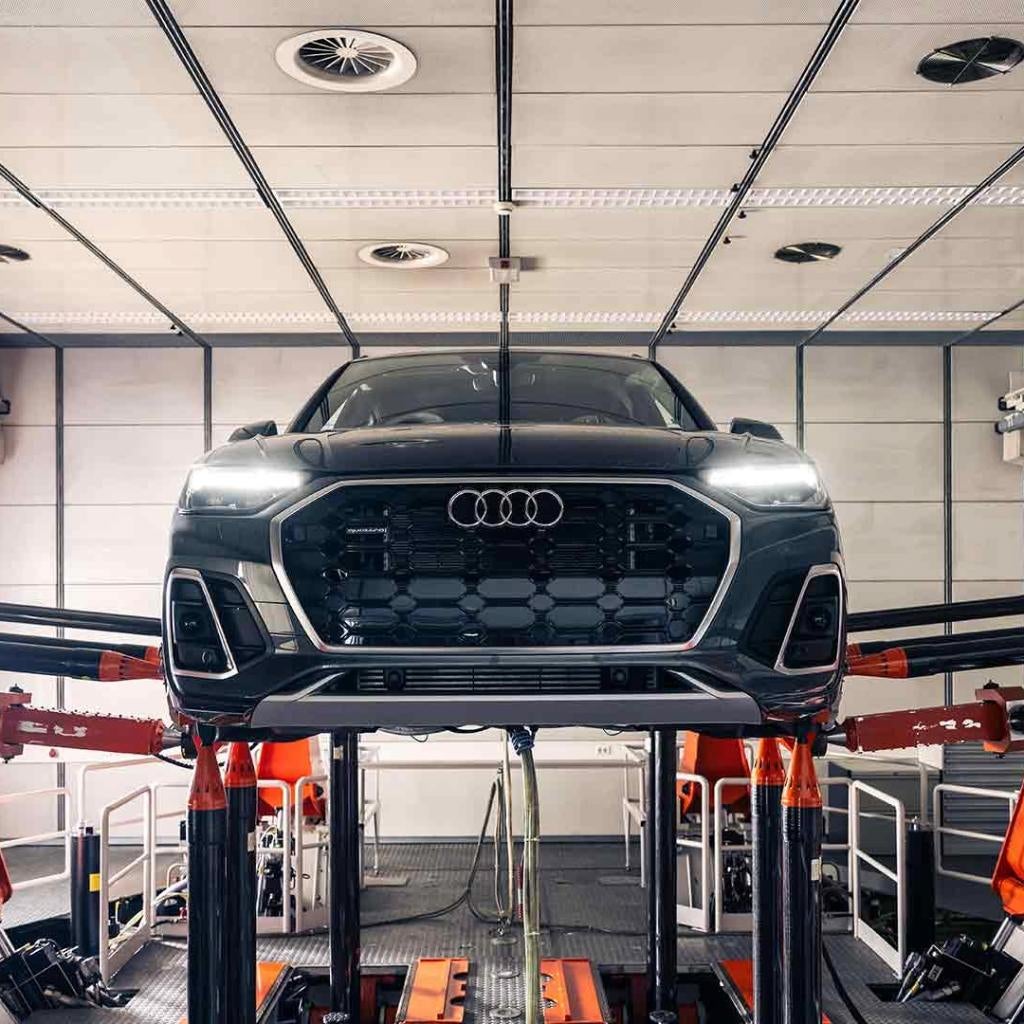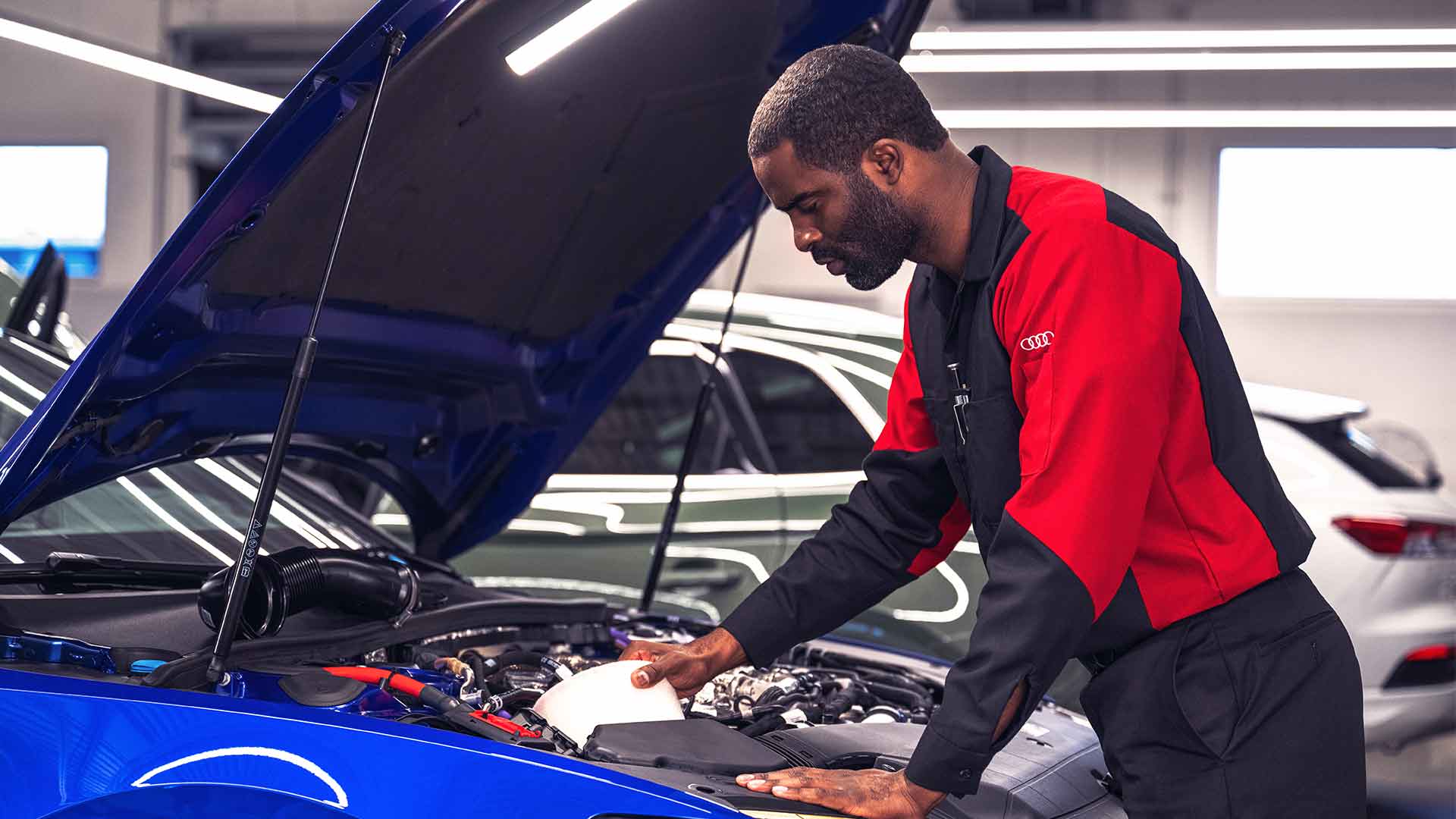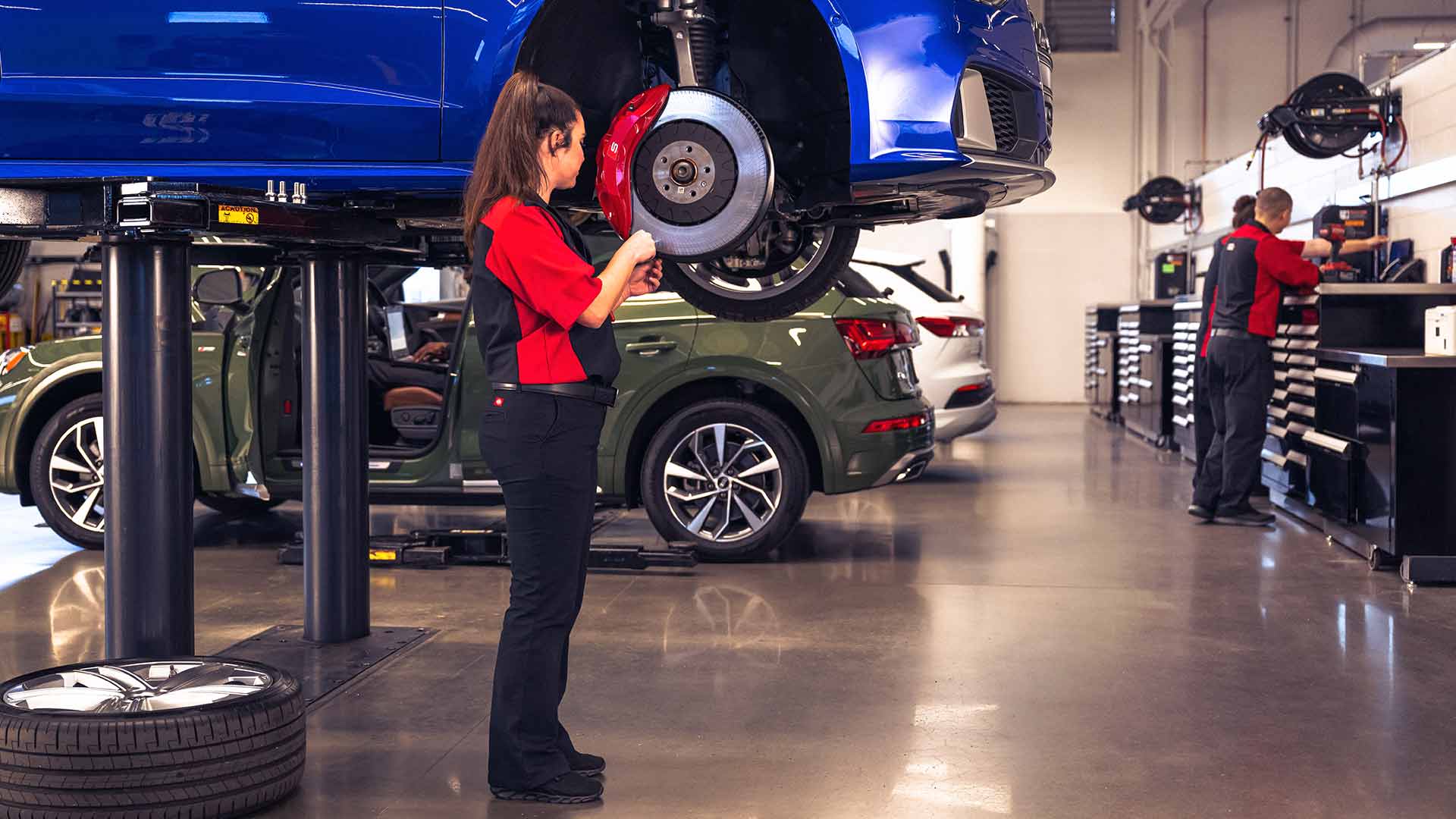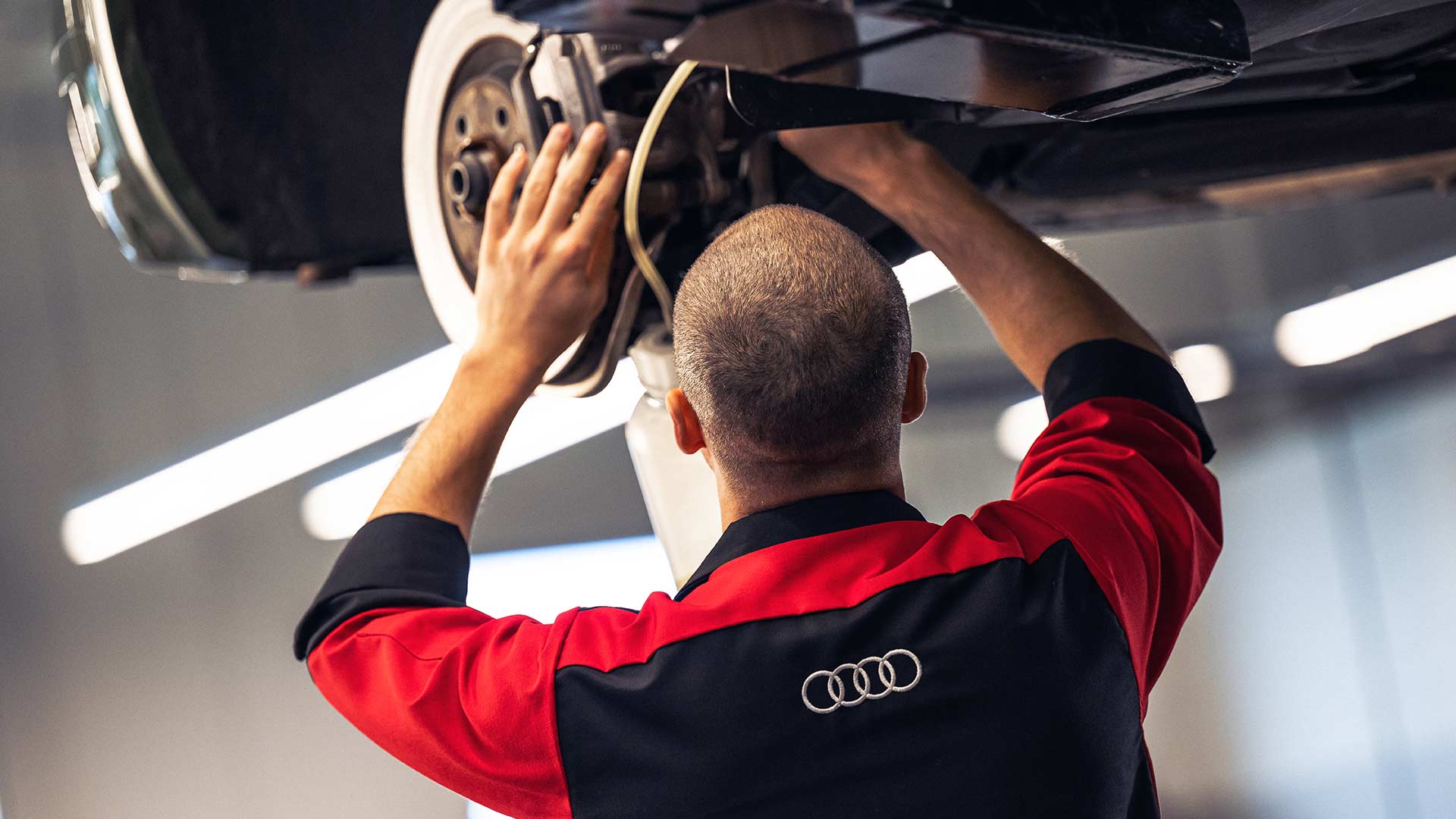
Service
Audi Service Center
Contact Our Audi Service Center Today!
Audi Minneapolis is here for all your maintenance, repairs, and upgrades around Minneapolis, Edina, and Minnetonka, MN. Give our team a call or schedule online. If you’ve got questions, we’re all ears and ready to help your Audi stay in championship form.
Opening Hours
Monday: 8:30am-7:00pm
Tuesday: 8:30am-7:00pm
Wednesday: 8:30am-7:00pm
Thursday: 8:30am-7:00pm
Friday: 8:30am-6:00pm
Saturday: 9:00am-5:00pm
Sunday: Closed
Monday: 7:00am-7:00pm
Tuesday: 7:00am-7:00pm
Wednesday: 7:00am-7:00pm
Thursday: 7:00am-7:00pm
Friday: 7:00am-6:00pm
Saturday: 9:00am-5:00pm
Sunday: Closed
Monday: 7:00am-7:00pm
Tuesday: 7:00am-7:00pm
Wednesday: 7:00am-7:00pm
Thursday: 7:00am-7:00pm
Friday: 7:00am-6:00pm
Saturday: 9:00am-5:00pm
Sunday: Closed


